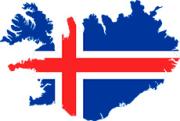The plant-based industry must be embraced and contribute to sustainable dairy production, and the Nordic agriculture stay strong with CO2 emissions at half the global average. These were some of the conclusions in the panel discussion with 5 Nordic dairies supplemented by an Irish industry director.
Friday 20 May featured a panel debate with well-known dairy people from Nordic dairies moderated by Caroline Starck, Communication Director at Arla Foods Sweden. The panel consisted of Kai Gyllström, Arla Foods Sweden; Gunnar Hovland, TINE; Robert Auselius Valio Sweden, Poul Johannes Pedersen, Thise Dairy, Krister Zackari, Norrmejerier and Conor Mulvihill, Dairy Industry Ireland (industry organization). After short presentations, the panel received questions from the floor.
The six dairy managers reported on a large number of projects where the CO2 emissions have been improved in several stages of the production - at farm level, in dairies and in the transport sector. It was emphasized that Nordic dairy cows are at approx. half of the global average for CO2 emissions and should play an important role in feeding a growing global population.
See a brief summary of statements from the panelists' presentations and from the subsequent panel debate.
Gunnar Hovland, TINE, Norway:
Our most important task is to ensure consumers adequate nutrition. In Norway we cannot grow enough proteins on ordinary agricultural land. Fortunately, we have a unique biofactory in the form of dairy cows, which can turn grass into protein and humane nutrition of the highest quality, which meets Norwegian needs. But for consumers to choose us, we must succeed in meeting the UN's sustainable goals. It includes all links in the value chain - also when it comes to the cows' methane emissions.
As company we work closely with suppliers, retailers, and consumers and together we provide a strong starting point for becoming the world's most sustainable dairy farm by 2050.
Kai Gyllström, Arla Foods, Sweden:
The dairy industry plays an important role in the global food supply as a provider of high-quality food and nutrition at affordable prices, which is important for consumers - both in rich countries and in developing countries.
If we want to maintain consumer confidence, we must succeed in meeting climate requirements. At the same time, it must be done on commercial terms for the sake of our owners.
At Arla Foods, we work purposefully with benchmarking via our climate database based on 9.000 farms in seven countries, which is the world's most comprehensive database. This gives us some special opportunities for strengthening sustainable production.
We must become better at communicating all the positive effects of milk production, such as the contribution of grazing cows to different ecosystems and biodiversity. And then food waste must be handled better in all stages from farm to fork.
Poul Pedersen, Thise Dairy, Denmark:
Ecology has always pioneered the achievement of the UN's sustainable goals. This applies to zero consumption of pesticides, fertilizers and E-numbers in production. Most recently, we at Thise have decided to phase out soy in the feeding plans to protect the rainforest - even though we have to accept a lower yield of grass and peas. The new feeding plans with i.e. peas also help to strengthen biodiversity in the fields.
The dairy industry can continue to improve in many areas - for example when it comes to waste, which requires dialogue with consumers and perhaps less hysteria about fresh products that are only 24 hours away.
We all have a global challenge, as 80 percent of agricultural land today is used to produce animal feed. It does not work when the earth's population grows. Therefore, we must cooperate with the plant-based industry, which also includes new blended products. The industry must also embrace plant-based products because the dairies have the best know-how and production facilities to produce proteins on a large scale.
Finally, action must be now, and we must not waste time waiting for chrome-plated numbers and calculations.
Robert Auselius Valio Sweden:
Valio is working to incorporate the UN's sustainable goals into all business initiatives.
If sustainable dairy production is to succeed, it requires an equal balance of three elements: the planet / animals, consumers and the economy. If not, everyone is met, it will not succeed in the long run.
In 2035, milk production must be net CO2-neutral, which Valio i.e. will meet with biogas of cow manure.
Valio is part of the development of new grass species that bind CO2 better - among other things with longer and larger root system. The new grass species also provide better nutrition for the cows and are more robust to different weather conditions.
Sustainable food production also presents a number of dilemmas, which can be illustrated by the handling of a cucumber, which can either be packaged with or without plastic. The former of course provides a plastic load, while no plastic provides shorter durability.
Krister Zackari, Norrmejerier:
Dairy industry hasn’t really improved much in terms of sustainabilty. Instead we’ve gone on the defensive, trying to argue that the critisism isn’t correct, nor fair. That doesn’t work. I think we need to make real, significant improvements and get better, not bitter.
This, combined with lack of innovation and marketing by the Swedish/Nordic dairy companies has led to commoditization, hence milk isn’t relevant, and the consumption is declining. The industry has to accept the fact that consumers continue to look for alternatives - especially for milk, where consumption has been steadily declining. And young people typically prefer plant-based drinks in coffee.
Conor Mulvihill, Dairy Industry Ireland:
Ireland currently produces 11 billion. liters of milk, which is an increase of 82 percent in the last decade. The production is grass-based, as the country is favored by the gulf stream and lots of rain that contributes to producing first class human nutrition.
The growth and the great importance in the Irish economy of 15 billion euro and the employment of 80,000 inhabitants in rural areas means that milk production is closely monitored by authorities and climate activists with ever-increasing demands.
The cows' emissions of methane gas call for external assistance from the government and other stakeholders to intensify research that can develop solutions to the industry's biggest climate challenge.
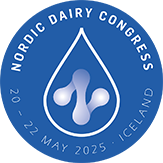







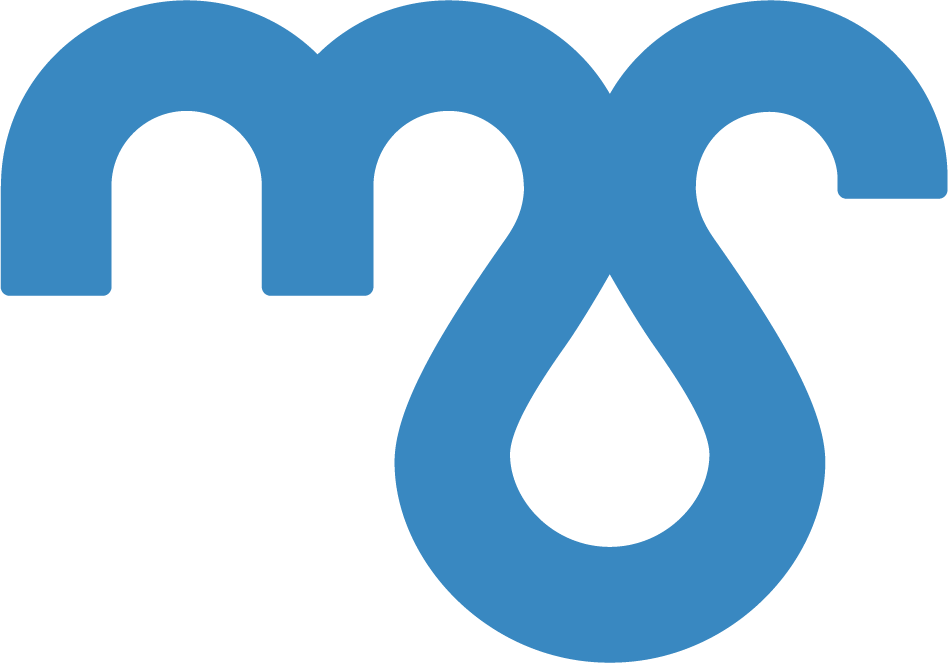
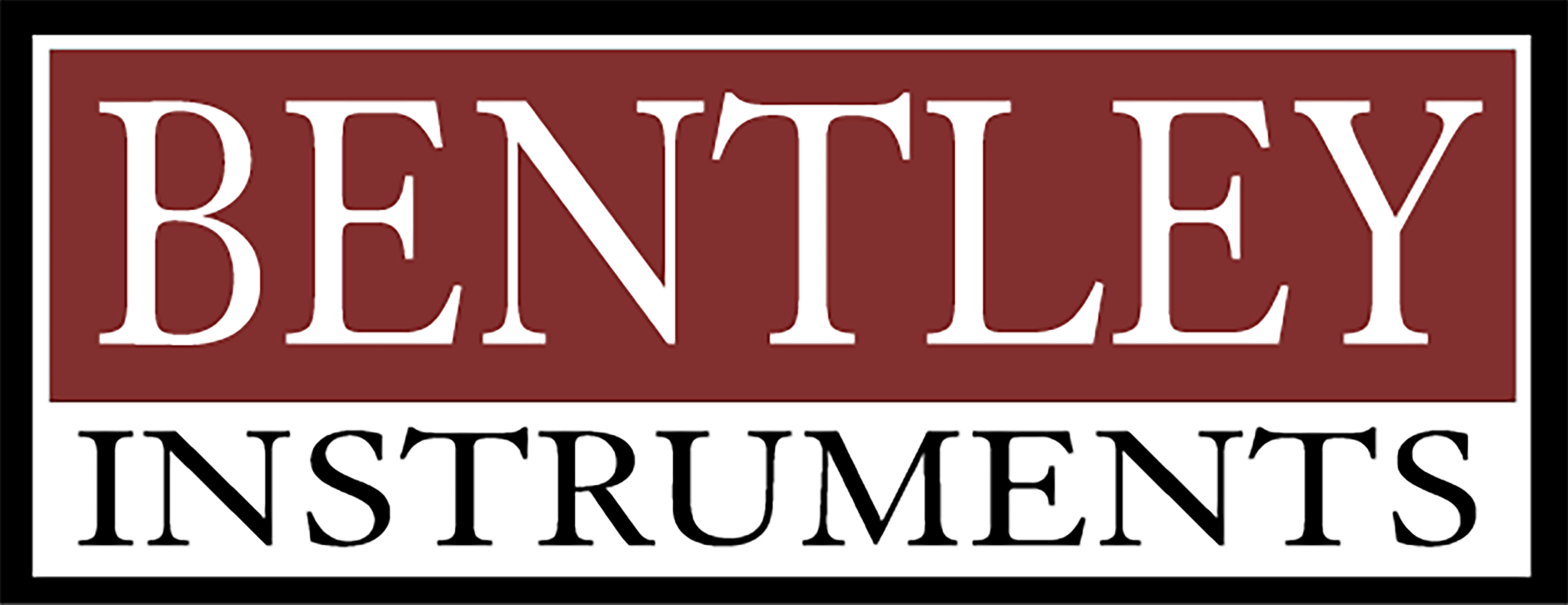




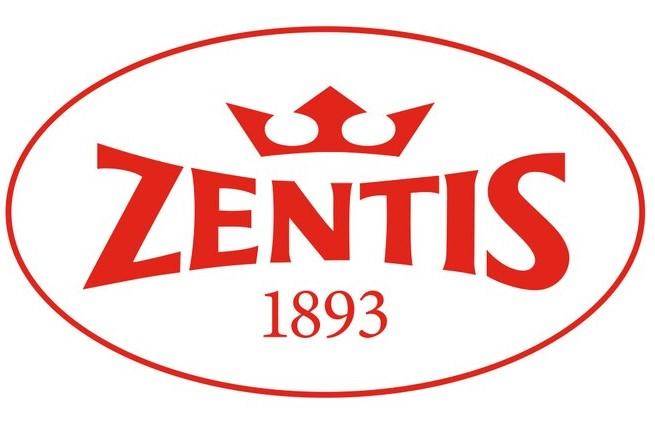
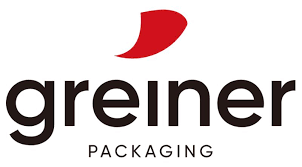
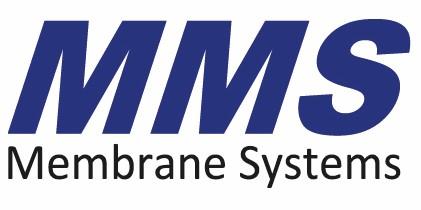


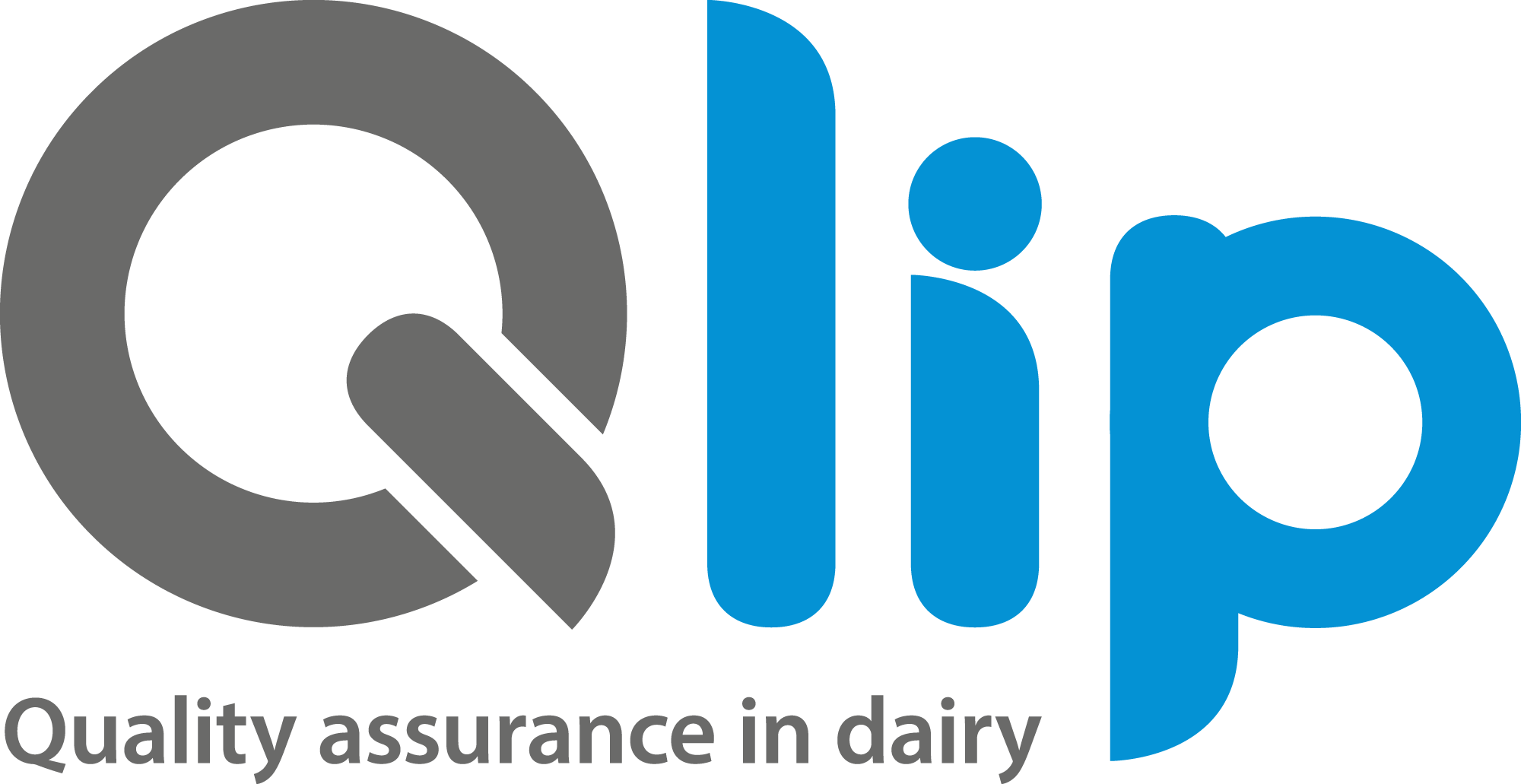
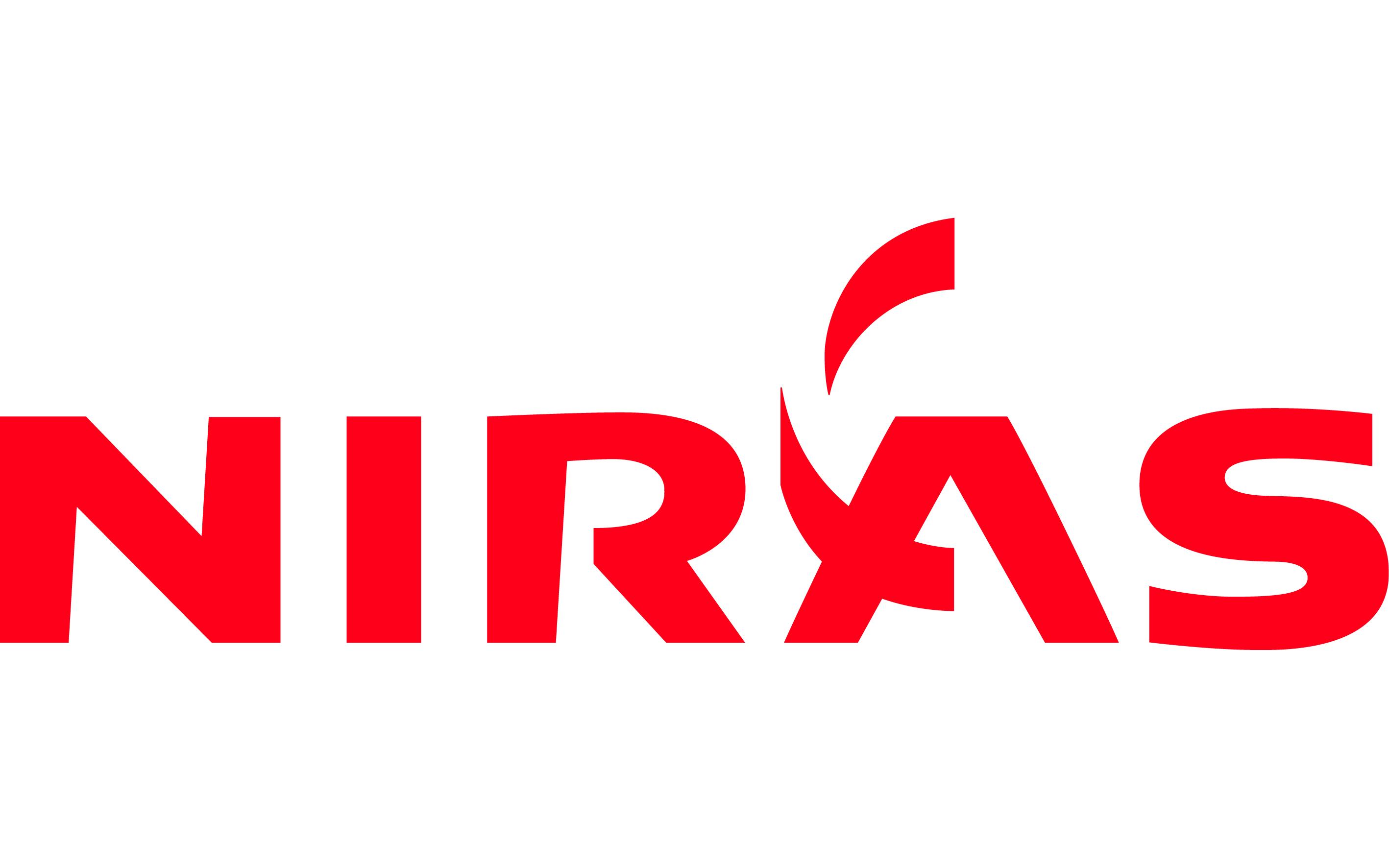


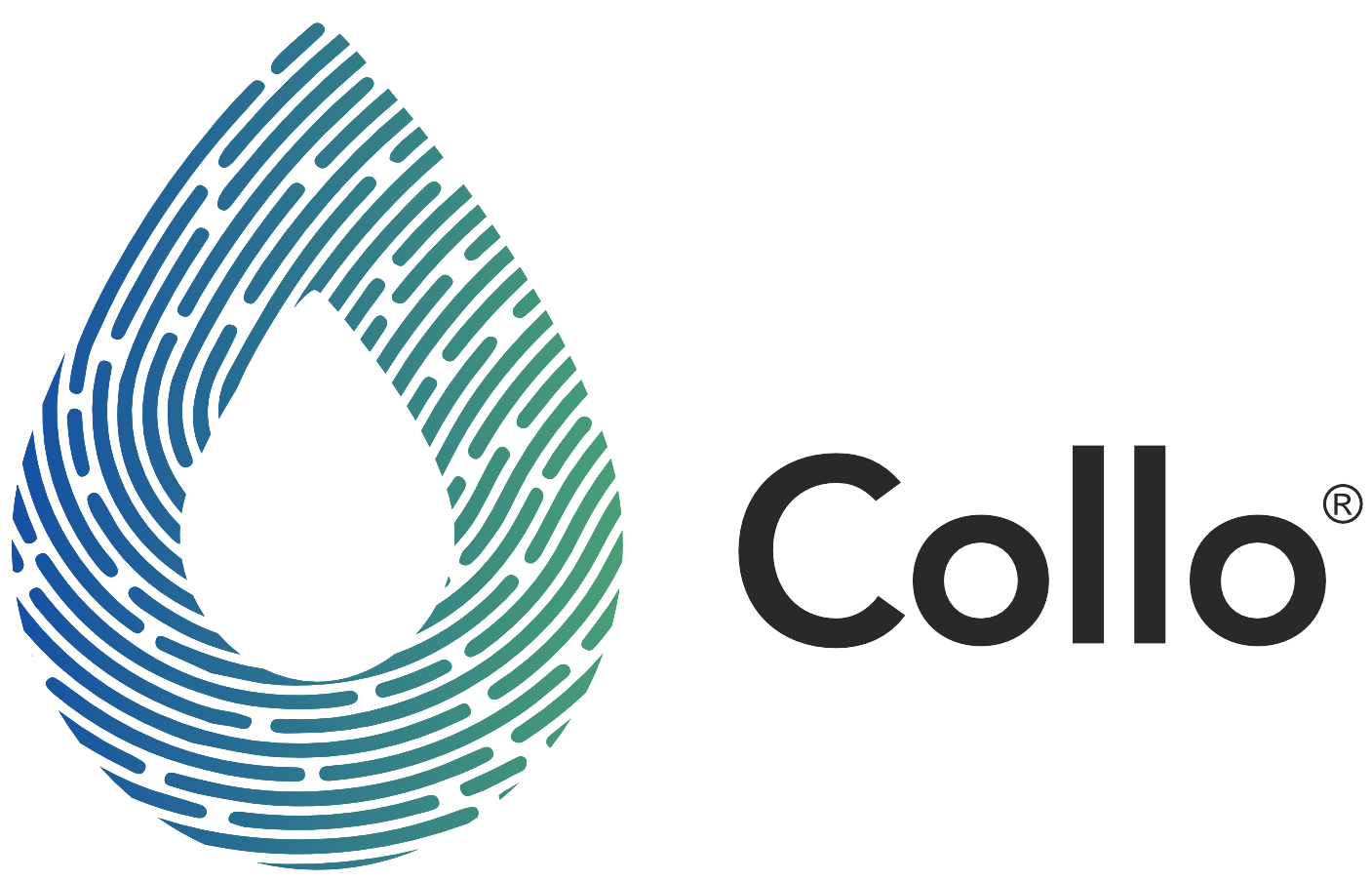
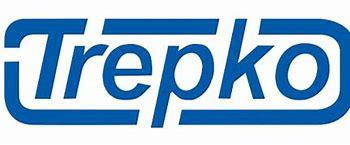





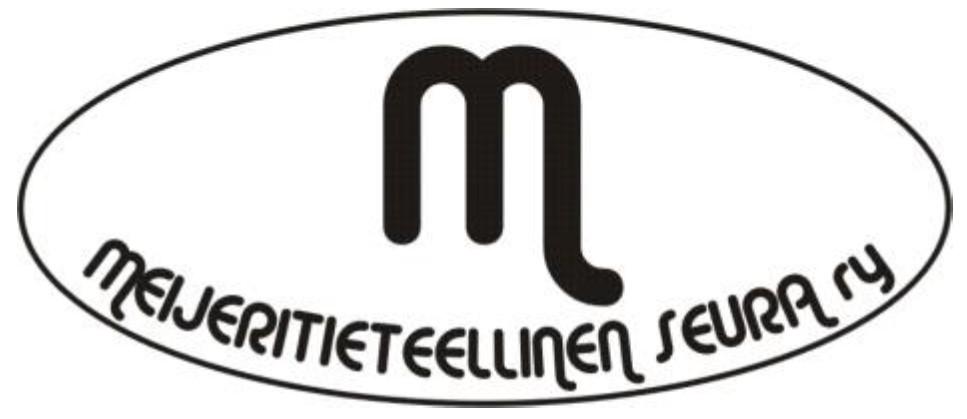
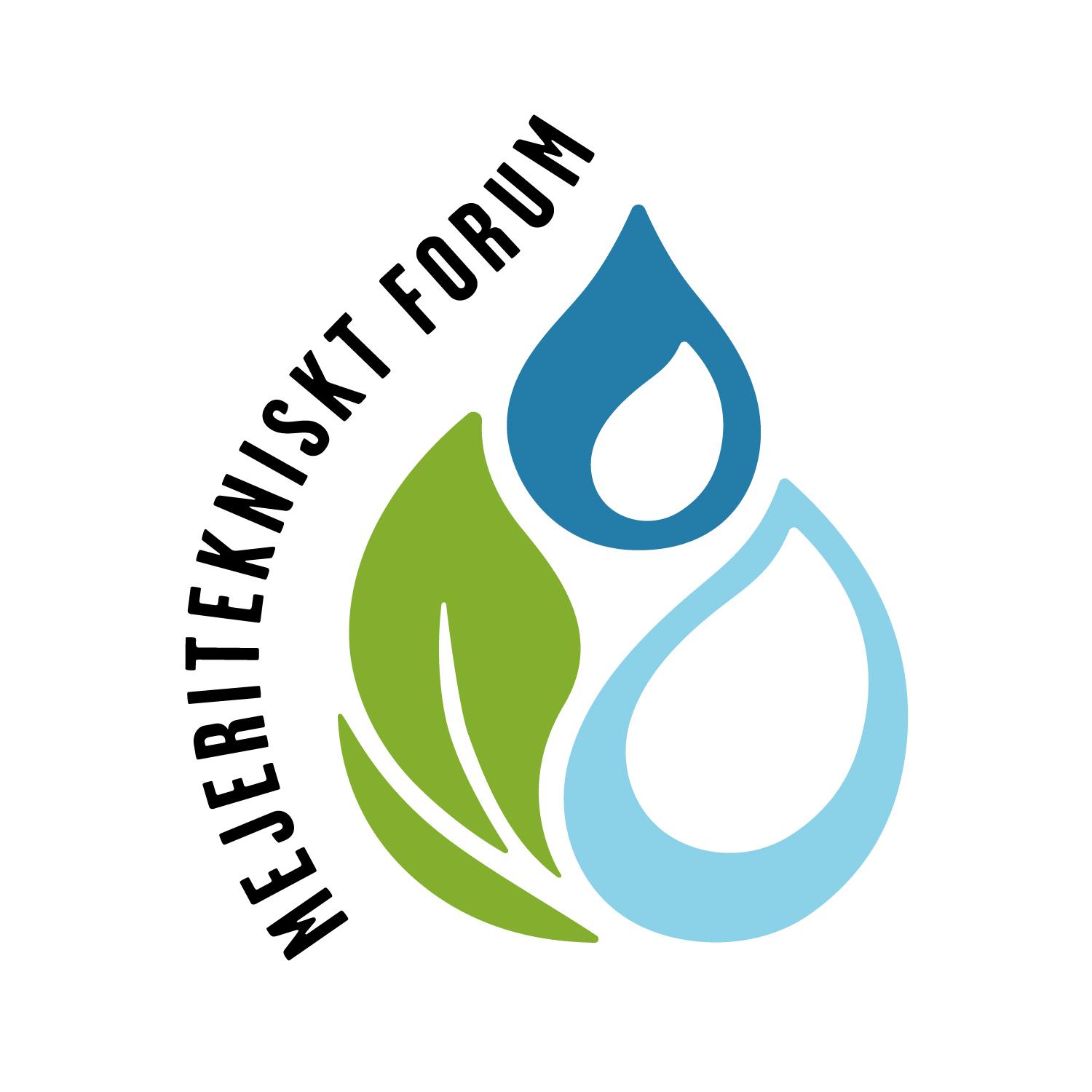
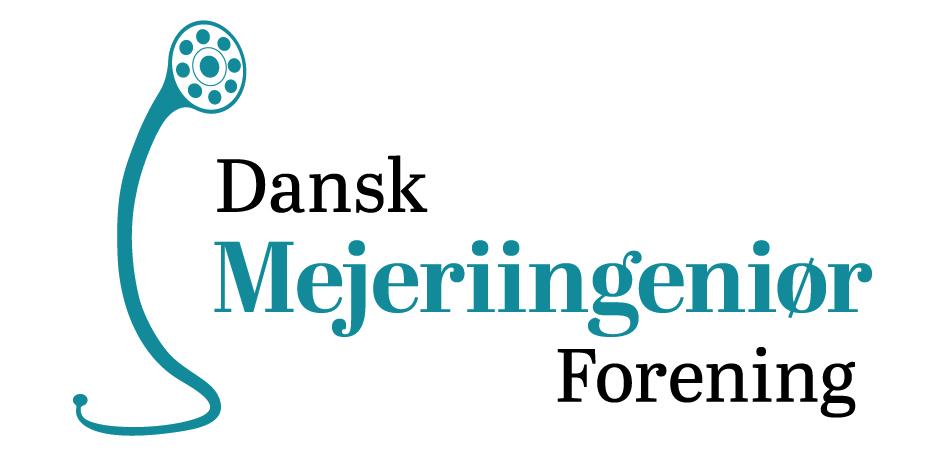
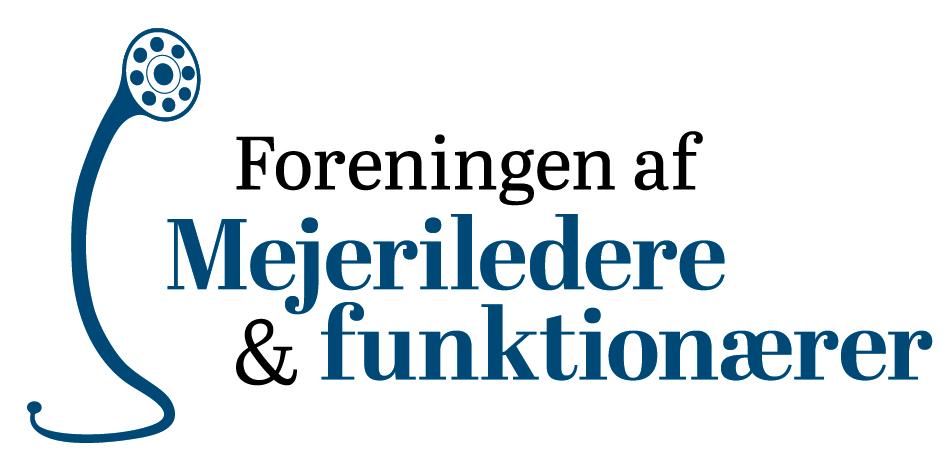



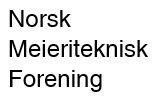
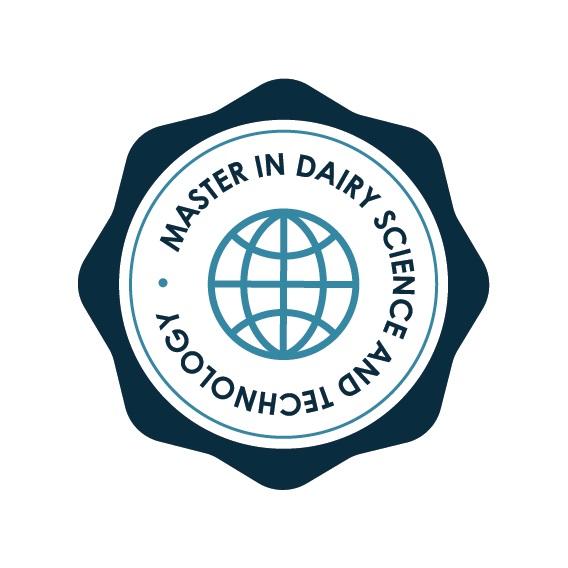


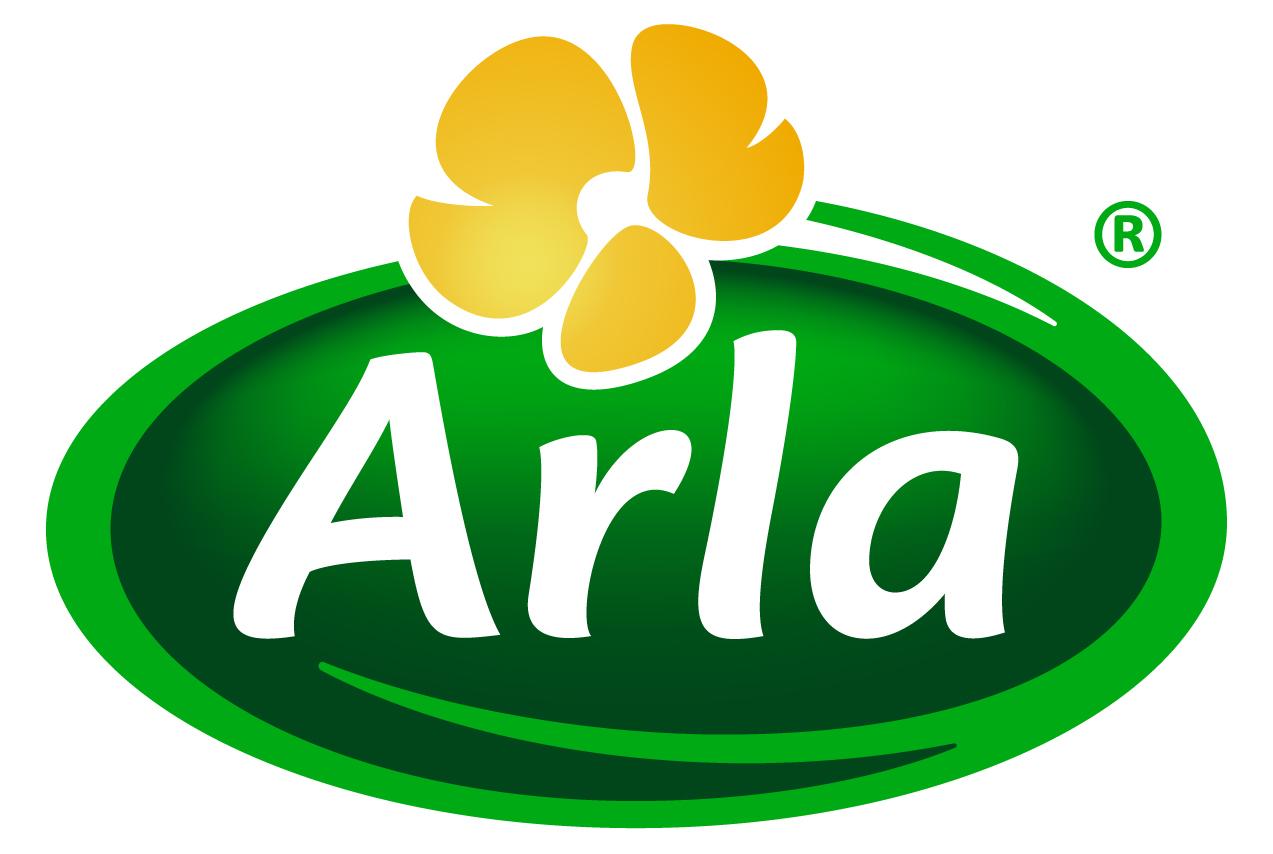

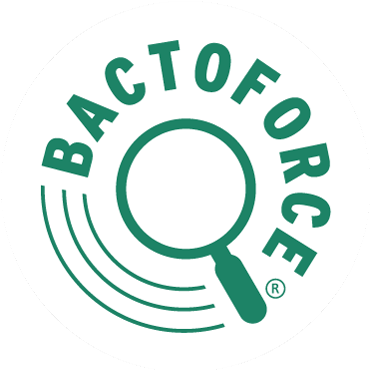

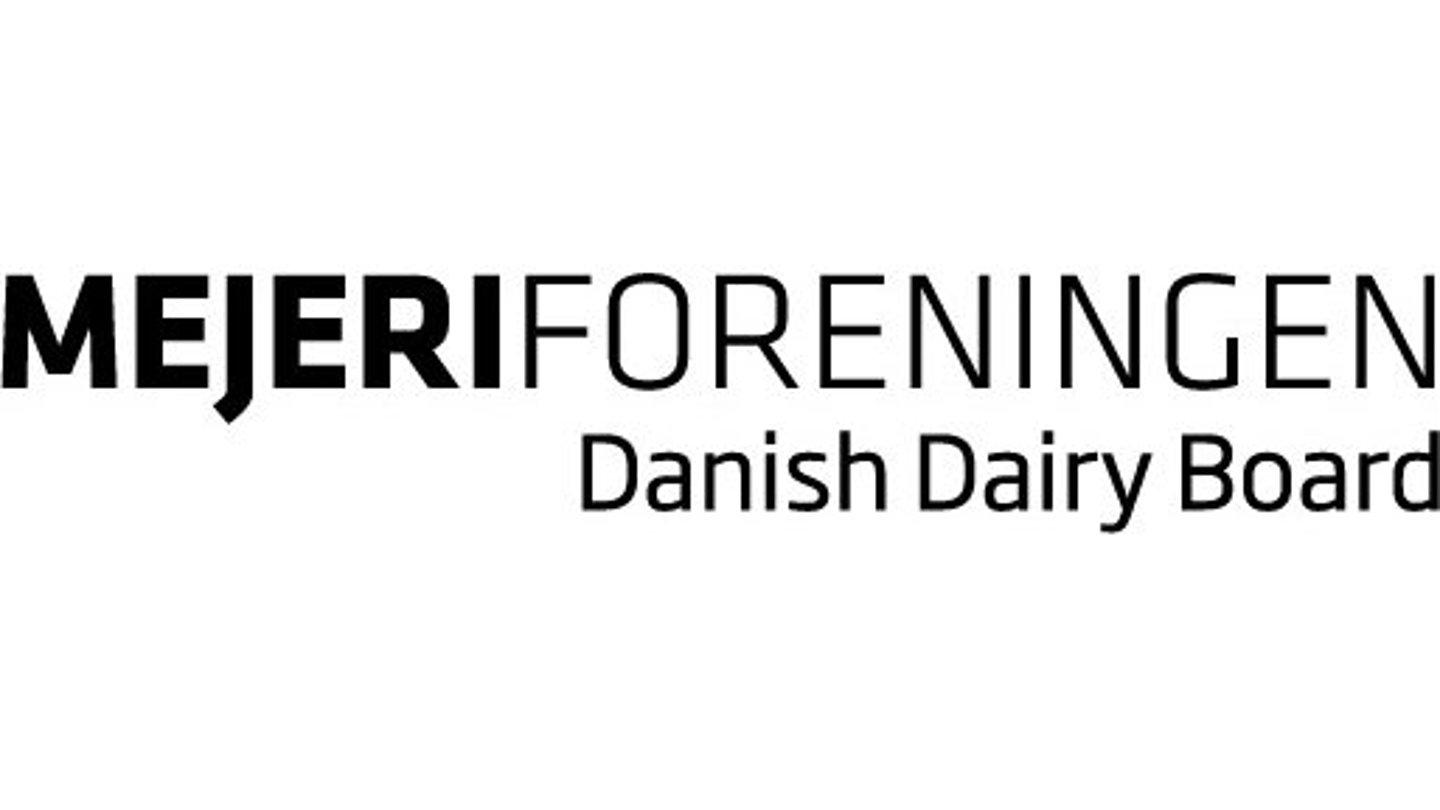
 Munkehatten 28
Munkehatten 28